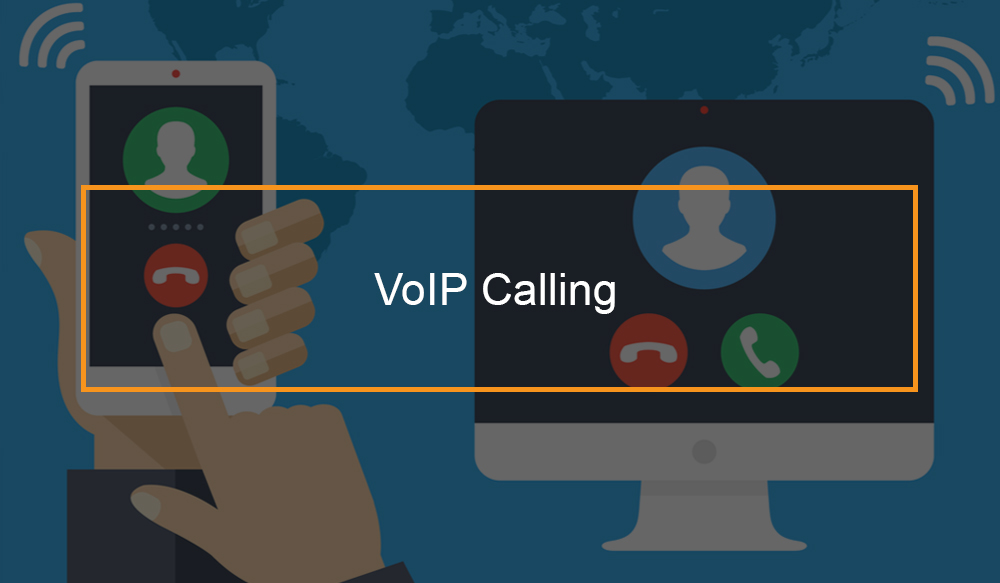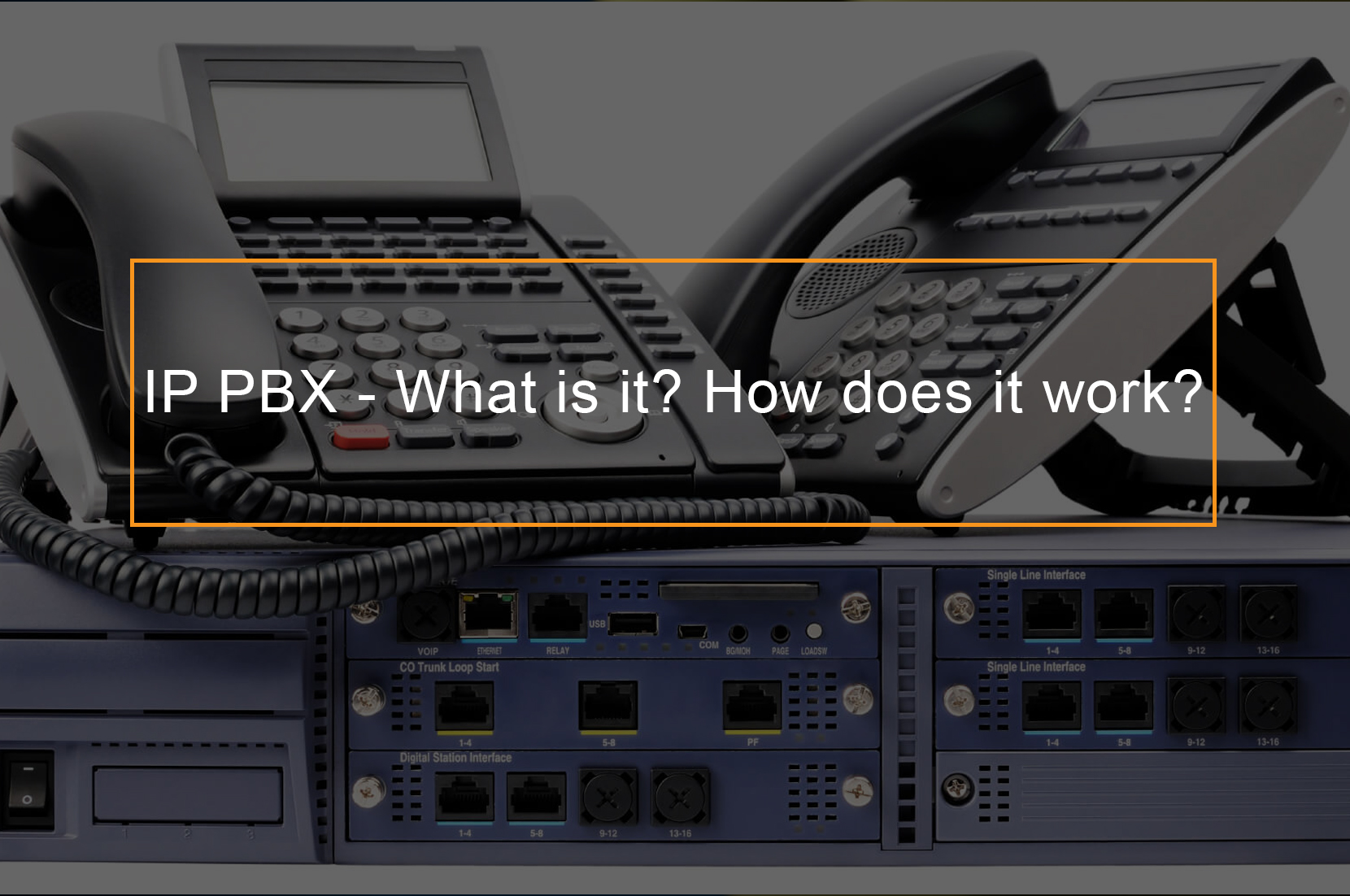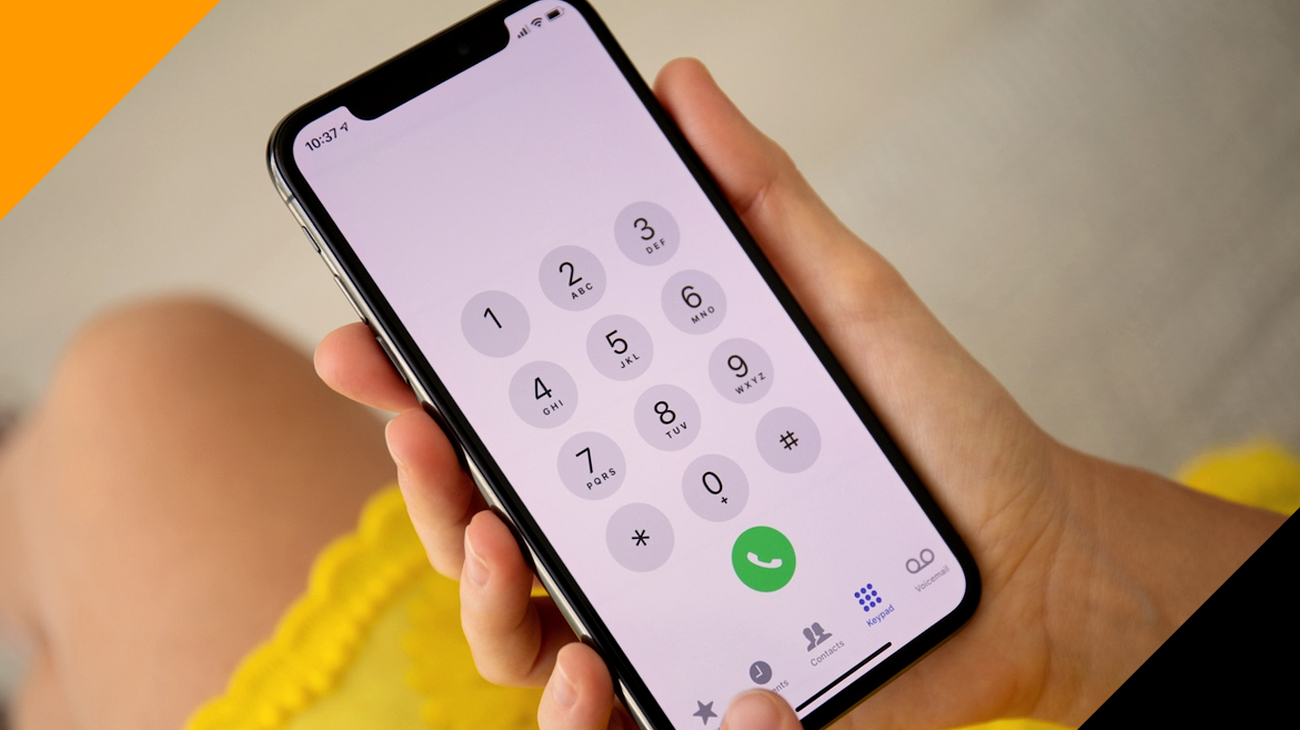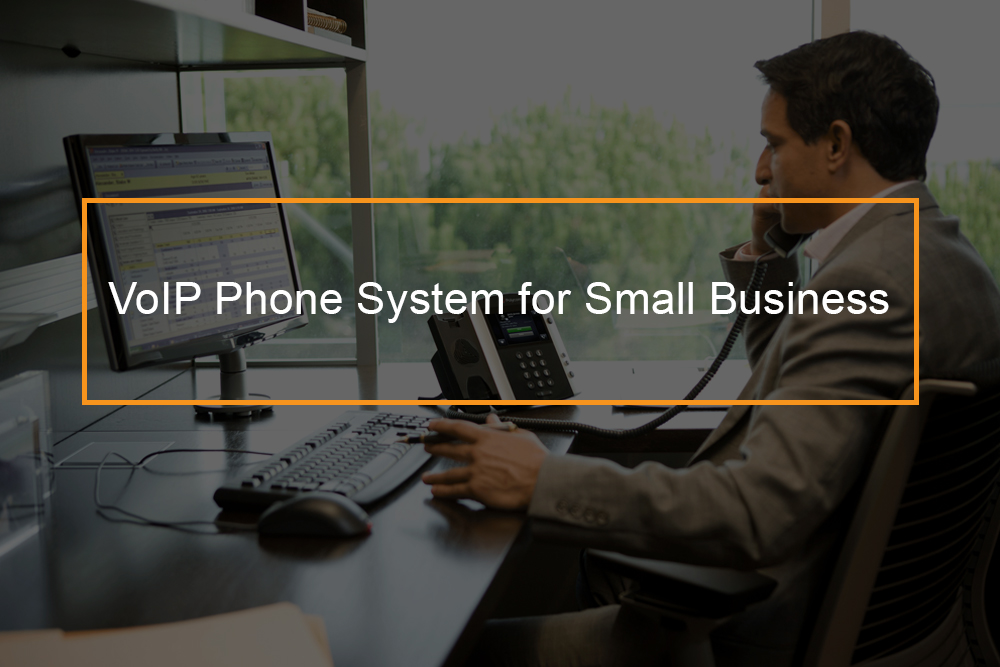The ultimate guide to Voice over Internet Protocol: VoIP meaning and services
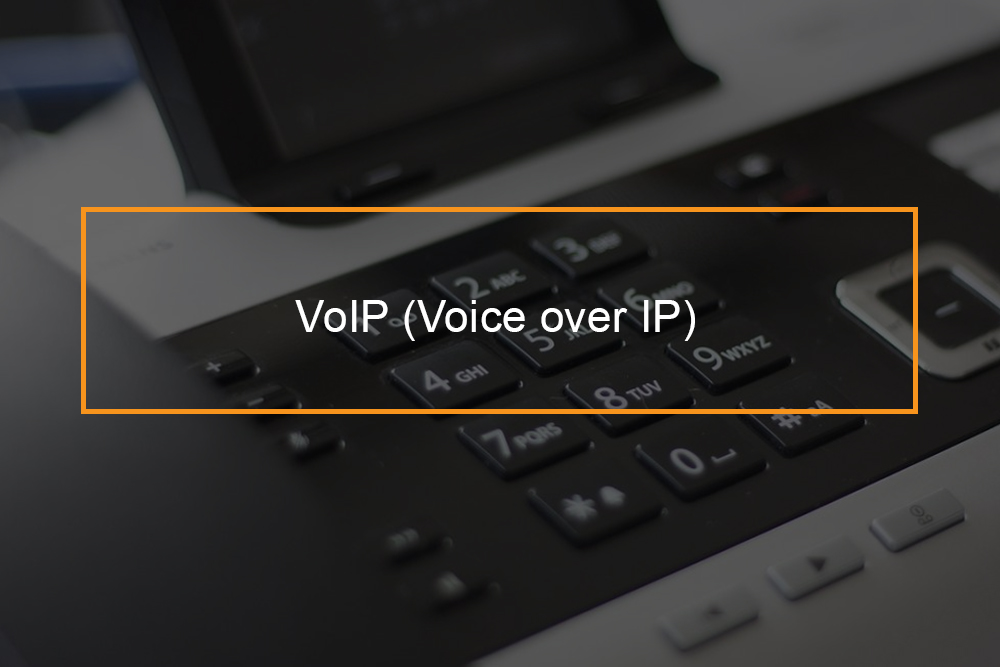 VoIP (Voice over IP) is also known as Voice over Internet Protocol or IP telephony. Simply put, VoIP is a collection of technologies, VoIP protocols, and techniques used to deliver voice data over IP public or private networks. It involves taking analog audio signals, such as voice on the other end of the phone calls and converting it into digital data packets that can be transmitted over the internet.
VoIP (Voice over IP) is also known as Voice over Internet Protocol or IP telephony. Simply put, VoIP is a collection of technologies, VoIP protocols, and techniques used to deliver voice data over IP public or private networks. It involves taking analog audio signals, such as voice on the other end of the phone calls and converting it into digital data packets that can be transmitted over the internet.
Back in the days when traditional phone systems were the only source of communication industry solutions, they are still in use today; phone calling built an authentic wired connection between you and the phone you are targeting. The old public switched telephone used circuit switch to transmit voice calls unlike VoIP (internet telephony) which uses packet switching to do so.
VoIP PBX delivers voice calls over the internet. VoIP technology enables cheap local and international calling and sometimes allows users to make free calls. It also provides you a handful of other advantages and advancements over the analog phone. To be able to use VoIP solutions, you require to have a VoIP service.
A Voice over IP VoIP service is a service that you get from a telephone company, known as a VoIP service provider, that enables placing and receiving voice VoIP telephone calls. It is like the internet service you get from an Internet service provider or the phone service you get from the public switched telephone network PSTN line telecom.
What is VoIP and how does it work?
How does VoIP calling (Voice over Internet Protocol) work?
There are four distinct ways Voice over IP technology operates.
ATA
ATA means analog telephone adapter; it enables subscribers to connect a regular phone to your computer or internet connection for use with internet protocol VoIP. Even though you have an analog telephone system that connects to the wall, an ATA can take a landline signal and change them to VoIP.
IP phones
These are special phones that link to computers using an ethernet connector on one end and directly to your router to place VoIP calls. Internet phones are the cordless version. In case your job involves a lot of calls while sitting in front of a computer, you might be using an IP phone for your call center software already.
Computer to Computer
In case you have used Skype, you may have made a computer to computer Voice over IP call. In case you have a built-in microphone and speakers, you can download any computer-to-computer VoIP solution. Despite the distance, you will not be charged for such calls, since they are made using your VoIP connections.
VoIP connected directly
You can directly connect a VoIP to another VoIP. But in case the VoIP devices are behind NAT routers, there may be issues with this method.
In all the four methods, your voice is digitized, changed into data, sent via the internet, and sorted out back into an audio file on the receivers’ computer. Enabling users to select their hardware makes VoIP one of the most effective communications technologies in the market.
What is VoIP example?
Examples of VoIP phone system
Some of the examples of VoIP apps are Google Phone, WhatsApp, FaceBook Video, Google Group Chat, Voice Chat, and Skype, Jive cloud solutions, among many others.
With a host PBX(Private branch exchanges) VoIP service, a third-party provider takes care of the whole installation and call delivery, enabling you to focus on what’s essential: your company. Thus, you need to be registered with a VoIP telephone service provider and use its service to place VoIP calls.
What you need to set up VoIP phones?
After you are registered with a VoIP service, you need some other things for using VoIP entirely. You will need a phone to place and receive calls. You can use any telephone, depending on the type of service you are using.
It can be a traditional phone set, which you can use with residential Voice over IP services such as Vonage. You can also use special phones. For services that are mainly based online such as Skype, you require a VoIP application that primarily stimulates the functionality of a physical phone and also provides many other features.
For a VoIP call, you require to have an internet connection or a connection to a local network that connects to the internet. VoIP uses IP networks to terminate and channel calls, which is what makes it inexpensive and so effective. Services that use traditional phones such as residential services need analog telephone adapters. As part of set up, you will also need to account for every phone IP addressing.
What is the purpose of Voice over IP?
Services of VoIP phone
VoIP phone was developed to provide access to voice communication in any place around the globe. Below are VoIP services and their purposes.
Home phone replacement residential VoIP providers
This type of service replaces your traditional telephones and enables you to keep your existing phone together with a phone adapter. It applies to business that uses IP phones.
No-monthly bill VoIP service provider
This type of VoIP providers offers service that allows you to make unlimited calls without anything more. It is a kind of VoIP service that gives you special hardware which you pay only once.
Software-based VoIP provider
Similar to Skype, for this service, you install a VoIP app on your computer or portable device and register with the service. You can use the application to place and receive calls, and you use your prepaid credit to place calls to smartphones phones and landlines. Calls to people using the same service on their computers are free. The applications are frequently provided for free with the VoIP service.
Mobile VoIP service
This is a software-based service that is designed to be used on mobile, portable devices, and tablets. You require to install a VoIP app on your phone or portable device to use the service.
Business VoIP services
VoIP services for businesses are frequently based on internal IP PNXes and internal networks. Their purpose is to offer many-business related features and outsourcing for the VoIP system hosting and management.
What are the advantages of VoIP?
VoIP advantages and disadvantages
Most companies are already using VoIP within their phone systems on the Local Area Network to connect to IP phones.
Below are some of the advantages of VoIP phones for both business and residential purposes:
Cost-saving
The greatest advantage of using VoIP is cost. For computer-to-computer calls, the price is free. You will also save on PBX cost, copper wiring costs, calling expenses, and you can work remotely.
Accessibility
VoIP phone is also accessible since it offers its users the ability to make calls everywhere as long as you have a reliable data connection. Besides, when you are unable to answer the call, you can route the calls or direct them to another person, or get voicemails emailed to you.
VoIP phones are mobile
This indicates you can use the same number wherever you go. For people who travel frequently, this should be a good feature. Better yet in the case your business changes address, you can maintain the existing VoIP number.
Advanced features
Moreover, VoIP has advanced features such as auto-attendant, web conferencing, video conferencing, caller ID, and call transferring. It also allows a one-person operation to project the image of a big company. This makes VoIP suitable for a business phone system, particularly businesses that deal with numerous calls such as real estate and contact center.
VoIP can deliver a unified communication service
VoIP phones offer the advantage of having a single system to control many tools, like video, phone, web conferencing, instant messages, email, customer service, fax, and instant messaging. Besides VoIP works with SIP trunking to take advantage of shared lines, like the company’s internet connection, to allow more flexibility in communications. Session initiation protocol sip, which is the foundation of SIP trunking, is the regular communications protocol for video and voice in a Unified Communications (UC) solution across a data network.
Disadvantages of VoIP phones
The biggest disadvantage of using VoIP is latency. The call quality is sometimes low, with VoIP provided bandwidth challenges, misconfigured hardware, and network failure. Besides, VoIP uses electricity. Even worse, you cannot make an emergency call without an internet connection. A PSTN gets power from the copper wire, so even though you have experienced a total power failure at home, your landline should still work. With a VoIP phone, not only must your phone have power, but also your router and any devices that facilitate access to the internet.
Solution: To overcome this challenge, you use wireless broadband connections such as fiber and satellite. Also, network routers on high volume traffic links may introduce latency that exceeds permissible thresholds for VoIP. Excessive load on the link can cause packet loss. This signals a transport protocol such as Secure real time transport protocol to reduce its transmission rate to control the congestion. Thus QoS mechanisms can prevent the undesirable loss of VoIP packets by transferring them ahead of any queued bulk jam on the same link immediately, even when the link is congested by bulk traffic.
Note that VoIP phone may have some regulations due to Federal Communications Commission, for example, it limits interconnected VoIP providers use of customer proprietary network information.

